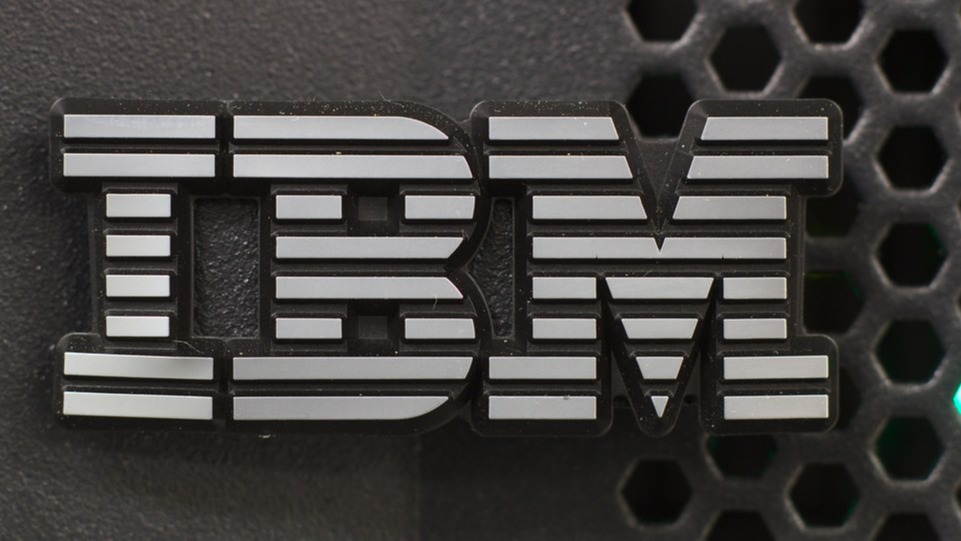Amazon has announced plans to up its total investment in India to reach $26 billion by 2030.
The retail giant’s chief executive Andrew Jassy has told Indian president Narendra Modi that the company will invest an additional $15 billion in the country over the next seven years.
The commitment was made when the pair met during Modi’s first state visit to Washington DC last week.
In a wide-ranging conversation, the pair discussed topics including Indian startups, enabling exports, and putting measures in place to empower individuals and small businesses in the country to compete globally.
Amazon pledged to digitise 10 million small businesses, enable $20 billion in exports, and create two million jobs in India by 2025 having reportedly digitised over 6.2 million small businesses, enabled over $7 billion in exports, and created over 1.3 million direct and indirect jobs to date.
Amazon Web Services (AWS) recently announced it would invest around $13 billion into India’s cloud infrastructure by 2030 with claims the investment would add over $23 billion to the GDP of the country and create several thousand jobs locally in areas including engineering and telecommunications.
AWS’s investment adds to the $3.7 billion Amazon invested in India between 2016 and 2022, bringing the total amount to around $16 billion by 2030 as part of the $26 billion commitment.
Latest News
-
BAE Systems launches UK tech incubator scheme
-
Morrisons to launch real-time engagement tech across stores
-
Crypto exchange Gemini to cut workers, exit UK, EU and Australia amid market slump
-
Anthropic unveils Claude Opus 4.6 as enterprise AI race intensifies
-
Government to collaborate with Microsoft on deepfake detection framework
-
50% of firms will rehire staff laid off due to AI by 2027, predicts Gartner
The future-ready CFO: Driving strategic growth and innovation
This National Technology News webinar sponsored by Sage will explore how CFOs can leverage their unique blend of financial acumen, technological savvy, and strategic mindset to foster cross-functional collaboration and shape overall company direction. Attendees will gain insights into breaking down operational silos, aligning goals across departments like IT, operations, HR, and marketing, and utilising technology to enable real-time data sharing and visibility.
The corporate roadmap to payment excellence: Keeping pace with emerging trends to maximise growth opportunities
In today's rapidly evolving finance and accounting landscape, one of the biggest challenges organisations face is attracting and retaining top talent. As automation and AI revolutionise the profession, finance teams require new skillsets centred on analysis, collaboration, and strategic thinking to drive sustainable competitive advantage.
© 2019 Perspective Publishing Privacy & Cookies


.jpg)






Recent Stories